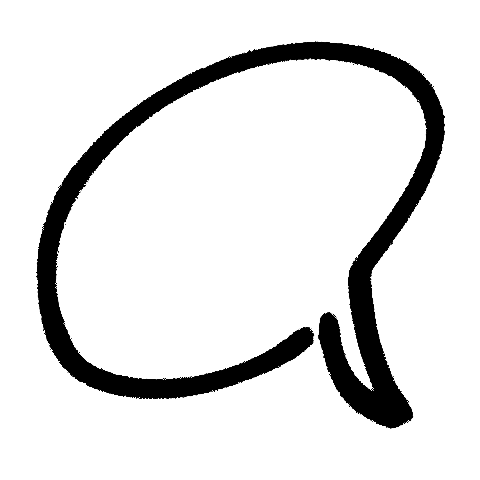If you really want to learn French, you need to know a few French expressions...
Si tu veux vraiment apprendre le Français, il faut connaître quelques expressions Françaises!
Bored with your everyday use of the French language? Are you looking to add un peu de variété (a little variety) to your daily discourse?
Have you had a chance to apply some of the French idioms we saw in previous posts? In parts 1, 2, 3, 4, 5 and 6 ( Check out Part 1, Part 2, Part 3, Part 4, Part 5 and Part 6 ) we covered a variety of expressions, many of which can be used in everyday language in one way or another. It may take a little time to become familiar with them, but you’re bound to find a few that stick out and that you might want to insert into your conversations with other French speakers.

Photo by Tim Morgan on Flickr
If you haven’t found any aphorisms in the previous posts that appeal to you or that you deem useful, here are a few may that may suit your fancy.
Check out Part 1, Part 2, Part 3, Part 4 and Part 5 for a bevy of witty little French idioms you might have missed.
This is the final instalment in our series on French expressions. When writing the posts for this series, we wanted to help readers inject a little humor into their conversations with native French speakers. The purpose was to amuse, surprise and even impress your listener.
If you usually converse with people who are just learning French, you might not get the same results. In the end, these are simply to help you appreciate the breadth of the French language and to familiarise yourself with witty sayings you might not hear very often.
**Phrase in parentheses is the literal translation, or as close to it as possible.**
Raconter des salades (Telling salads) – Telling lies.
Fier comme Artaban (Proud like Artaban) – Being very proud, even arrogant.
Avoir des fourmis (Having ants) – Feeling antsy/restless, wanting to move.
Avoir du sang de navet (Having the blood of a turnip) – Lacking courage.
Presser quelqu’un comme un citron (Squeezing someone like a lemon) – To exploit another person.
La fin des haricots (The end of beans) – To feel hopeless.
Dormir comme un sabot (Sleep like a shoe/clog) – To be in a deep sleep, similar to the expression “Sleeping like a log.”
Tuer le temps (Killing time) – Distracting oneself to avoid boredom, like the English expression “Killing time.”
C’est une huile (It’s an oil) – To be a person of high stature/influence.
Partir les pieds devant (To leave with feet in front) – To die/pass away.
Jamais deux sans trois (Never two without three) – Similar to the English expressions “Third time’s a charm” or “When it rains, it pours.”
Aller au charbon (Going to the coal) – To do all the work/to make a living.
Pas folle, la guêpe! (Not crazy, the wasp!) – He/she is smart/cunning.
Se serrer la ceinture (To tighten one’s belt) – To cut back/make do.
Ramener sa fraise (To bring back one’s strawberry) – To have a pretentious attitude.

Blog submitted by: David at The French Property Network - Cle France.
This blog was originally posted on The French Language Blog pages.